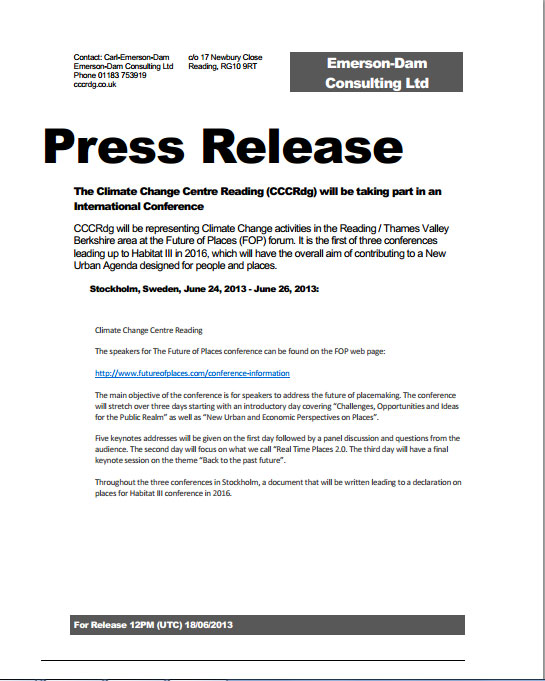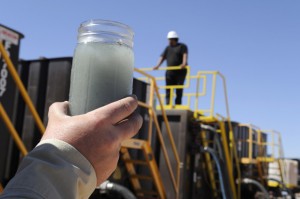Newsdesk
Climate Change Centre Reading
How can Reading / Thames Valley Berkshire become a role model in Climate Change? How can our leadership in in this very current area attract green businesses to the region? How do we form a strong sustainable community 2020-2050? These are questions the Climate Change Centre will address in Driving Readings bid for the 2017 European Green Capital Award; and in doing so will help safeguard the future of our children;
“Streets as Public Spaces,” reflects the importance of modern street design in enabling – or damaging – the well-being of city dwellers. Streets serve a broader function than the efficient conveyance of vehicles or pedestrians from one location to another. They, and their adjacent spaces, form a critical connective network within the city, profoundly influencing, and potentially limiting, social and economic development.
Please see our press release here: http://media1.tvb-climatechallenge.org.uk/2014/03/Press-Release_Climate-Change-Centre-Reading22.pdf
Following the 2013 Future of Places conference in Stockholm, Sweden, Ax:son Johnson Foundation, together with its partners UN-Habitat and Project for Public Spaces, are pleased to announce the next conference in the series. The theme of the 2014 conference, “Streets as Public Spaces,” reflects the importance of modern street design in enabling – or damaging – the well-being of city dwellers. Streets serve a broader function than the efficient conveyance of vehicles or pedestrians from one location to another. They, and their adjacent spaces, form a critical connective network within the city, profoundly influencing, and potentially limiting, social and economic development.
BACKGROUND TO THE PUBLISHER:
Towards Habitat III 2016
‘Habitat III’ is the Third United Nations Conference on Housing and Sustainable Urban Development, to take place in 2016.
Habitat III will be one of the first global conferences after the Post 2015 Development Agenda. It is an opportunity to discuss and chart new pathways in response to the challenges of urbanization and the opportunities it offers for the implementation of the sustainable development goals.
The conference promises to be unique in bringing together diverse urban actors such as governments, local authorities, civil society, the private sector, academic institutions and all relevant interest groups to review urban and housing policies affecting the future of cities within an international governance architecture, with a view to generate a ‘New Urban Agenda’ for the 21st century which recognizes the ever-changing dynamics of human civilization.
Habitat III offers Member States an opportunity to discuss a New Urban Agenda that will focus on policies and strategies that can result in effectively harnessing the power and forces behind urbanization.
“Consider Climate Change in every action”~Climate Change Centre Reading
More information:
See UN-Habitat Vision for Habitat III




